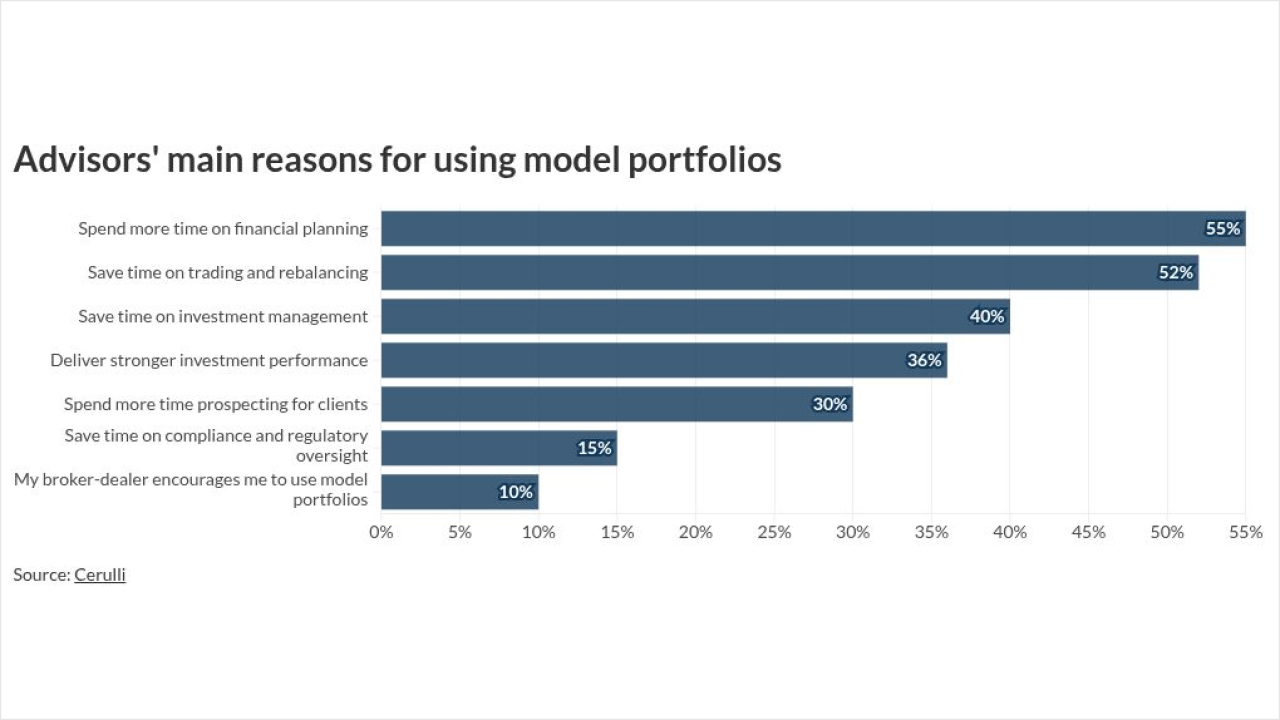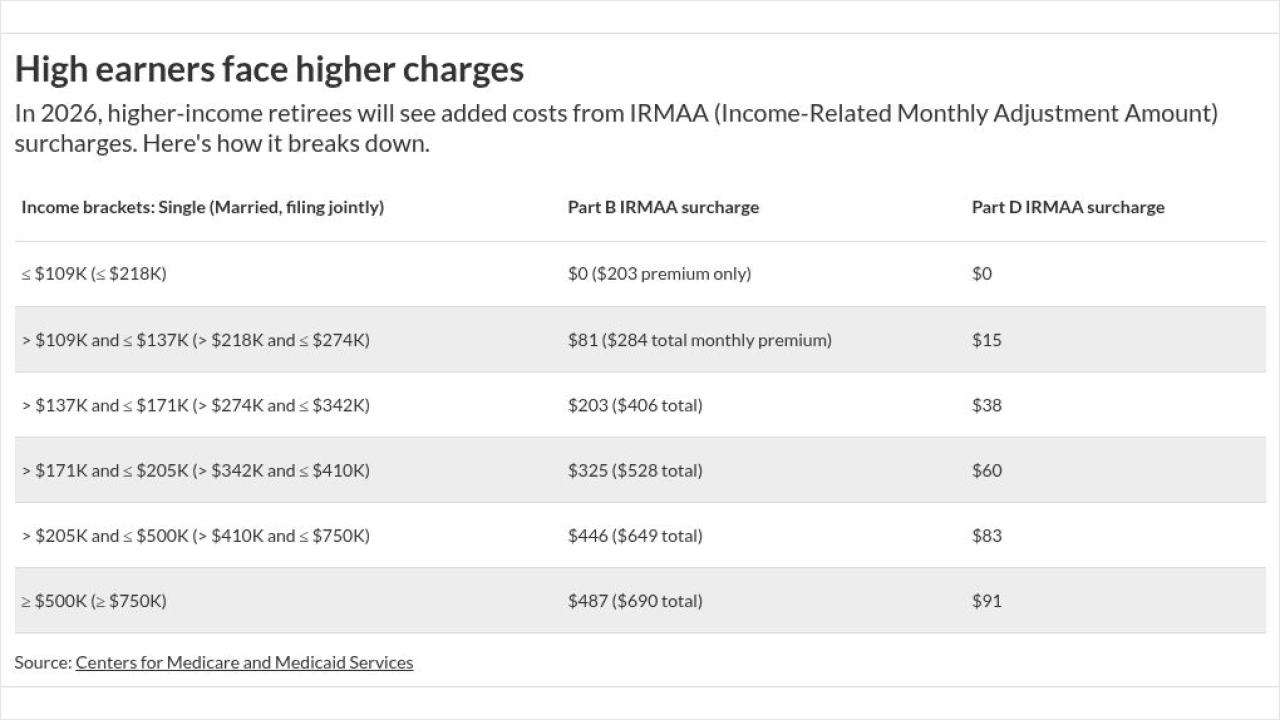Our weekly roundup of tax-related investment strategies and news your clients may be thinking about.
FINRA is looking into the fees charged in 529 savings plans sold by brokers after the new tax law expanded its list of covered qualified education expenses, according to this article on The Wall Street Journal. The regulator aims to determine whether brokers have made appropriate share class recommendations for their clients' plans. FINRA is also scrutinizing firms’ oversight of broker recommendations to see if an effective system for identifying potential problems is implemented.

Clients who expect a tax refund this year will be better off socking away the money in a new high-yield savings account than in an existing regular savings account, according to this Bankrate article. Doing so could help turbocharge their savings plan and give them a fresh start at saving. ”If you started in a new account, I think it’s easier for a client to look at that new account as something that they might not touch,” an expert says.
-
These property tax deferral programs are available to older homeowners who want to postpone real estate taxes provided they remain living in their home.
August 28 -
Homeowners from both parties worry that rising property taxes could force them to sell.
November 14 -
The holidays are fast approaching, which means it is time to start doing some year-end tax planning.
December 3
Workers can no longer deduct unreimbursed business expenses on their 2018 returns thanks to the changes under the new law, according to this article on Motley Fool. To recoup these expenses, clients are advised to talk to their employer and ask for assistance to cover a portion, or all of these costs. They should also make the most of other tax breaks that are still available under the new law.
Taxpayers who need more time to prepare their tax returns and cannot file before the April 15 deadline are advised to request a six-month extension from the IRS, according to this article on CNBC. "Just by filing for the extension before April 15, you can avoid potential penalties," an expert says. "It's a pretty straightforward process."
To prepare for questions — and their own filings — planners should note these tips.
The IRS is likely to audit taxpayers whose tax returns claim exceptionally high deductions and fail to report some of their income, according to this article on USA Today. Clients with overseas accounts and report a big increase in income are also very likely to be the subject of an IRS audit. Those with inflated business expenses, wrong dependents and rental losses also face the odds of increased scrutiny.






